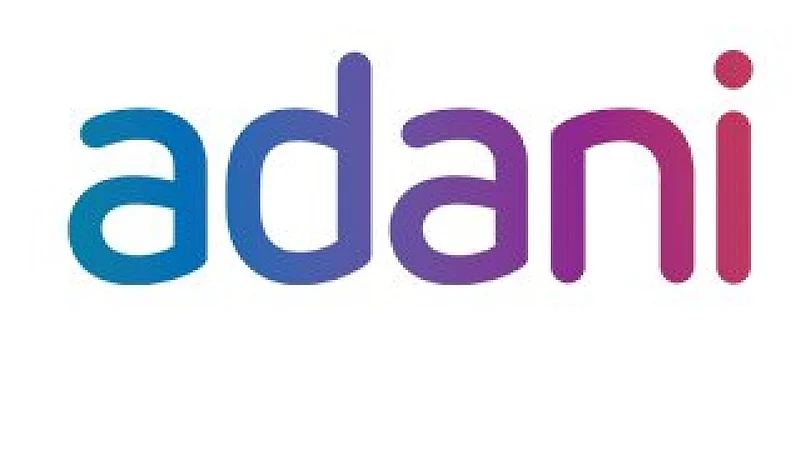Adani Wilmar Ltd (AWL), an edible oil company known for the Fortune brand, expects to raise up to Rs 3,600 crore through its initial public offering (IPO) that opened today and will close on January 31. On the first day of its opening, the IPO was subscribed more than 25 per cent.
The company, which is a 50:50 joint venture between Adani Group and Singapore-based Wilmar Group, aims to fund its capital expenditure and acquisitions, besides reducing debt as it seeks to expand in the food and FMCG sector.
Issue Details
The IPO comprising of fresh equity shares has a price band of Rs 218-230 per share. Investors can bid for a minimum of 65 equity shares and in multiples thereof.
Nearly 50 per cent of the issue size has been reserved for qualified institutional buyers, 35 per cent for retail investors and the remaining 15 per cent for non-institutional investors. It has more than 16.5 crore shares on offer for retail investors and 4.09 crore shares to anchor investors.
Post the IPO, the public shareholding will be 12 per cent and the remaining 88 per cent will be equally held by the two partners of the joint venture.
Growth Prospects
During FY15-20, AWL was among the top five fastest-growing packaged food companies in India by revenue, finds a recent report by Ventura, a brokerage firm. As per the prediction of this firm, over FY21-24, AWL is likely to grow its revenues at a robust CAGR of 16.7 per cent to Rs 58,959 crore.
Adani Wilmar’s revenue has gone up to Rs 24,957.28 crore for the six months ended September in the current fiscal, as against Rs 16,273.73 crore in the corresponding period of the previous year. During the same period, profit grew to Rs 357.13 crore from Rs 288.78 crore. The company posted a revenue of Rs 37,195.65 crore and a profit of Rs 728 crore for the full 2020-21 fiscal, according to a PTI report.

There is a growing market for FMCG products in India. “India’s per capita consumption of edible oil is estimated to be 16-17 kg per annum. The growing population and increasing per capita consumption will result in strong growth in this category,” states a recent report by KRChoksey, a wealth management firm.
The report predicts that the packaged food market is growing at almost double the pace of the overall food category and is expected to gain a market share of 17 per cent by the fiscal year 2025 from a market share of 14 per cent in the fiscal year 2015.
As of FY21, Fortune had an 18.3 per cent share in the Refined Oil in Consumer Packs category, shows data released by Arihant Capital, an online stock broker service provider
There has been a growing presence of AWL in the online market as well. Its sale through various online platforms has gone up by 53 per cent from the FY20 to FY21, finds a recent report by BP Wealth, a research firm.
As per the Ventura report, over the period FY19-21, AWL reported revenue growth (compounded annual growth rate or CAGR) of 13.5 per cent to Rs 37,090 crore in FY21 aided by 19 per cent CAGR in the edible oil business (82.2 per cent of FY21 revenue) to Rs 30,498 crore.
Should You Buy?
“AWL is in a sweet spot to take advantage of the prevailing opportunities and can grow multifold. Hence, we recommend subscribing for long-term gains,” suggests the report by KRChoksey.
As per the red-herring prospectus (RHP), the company has proposed to utilise Rs 1,900 crore for capital expenditure, Rs 1,058.9 crore for repayment/prepayment of its borrowings and Rs 450 crore for funding of strategic acquisitions and investments.
“With strong cash flow generation and repayment of loans through IPO proceeds, we expect the company to be net debt-free by FY22,” says the report.
However, not all analysts recommend subscribing to the IPO and suggest a cautious approach instead. “The products of AWL are in the nature of commodities and thus subject to their fluctuations which may affect its profitability,” mentions the report by BP Wealth.













